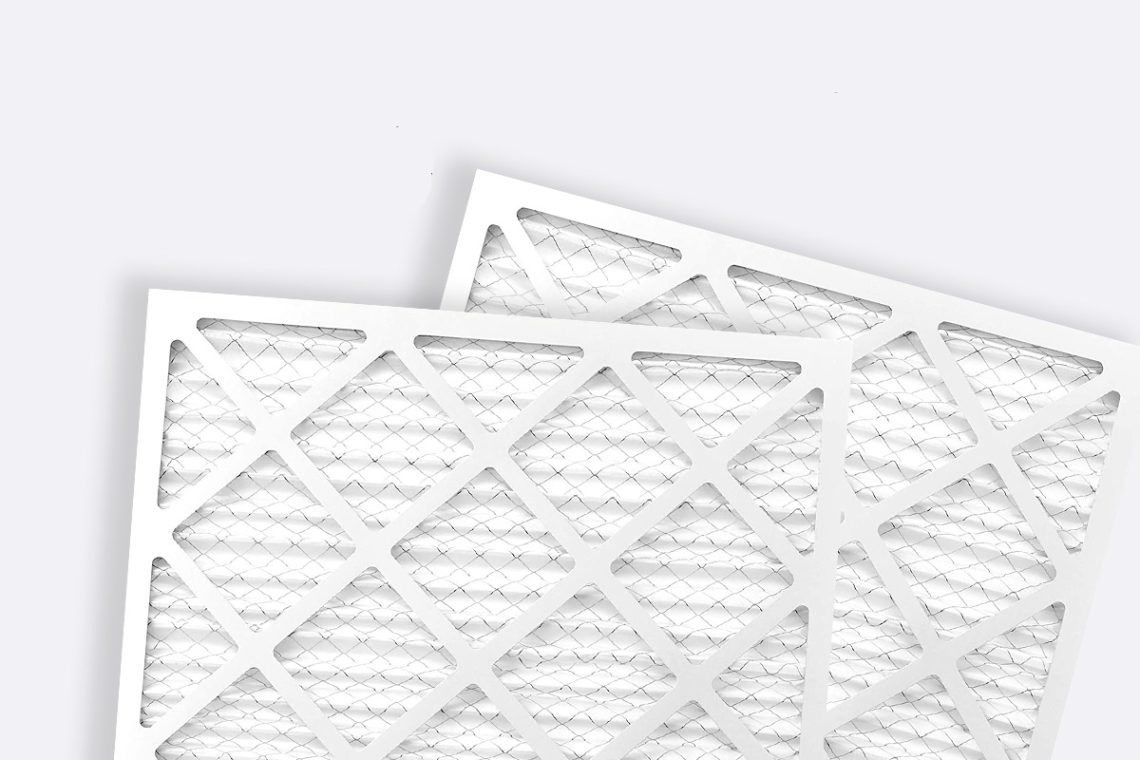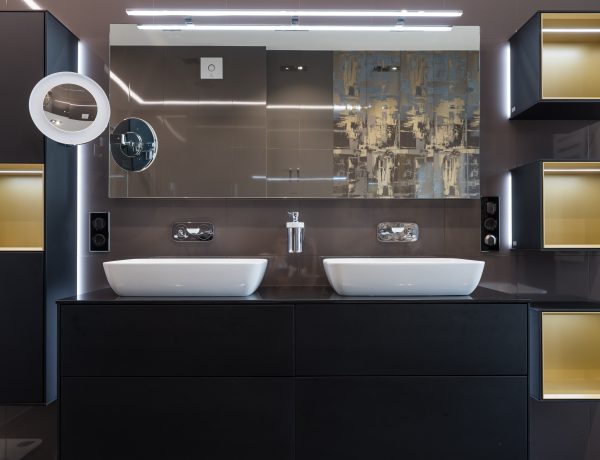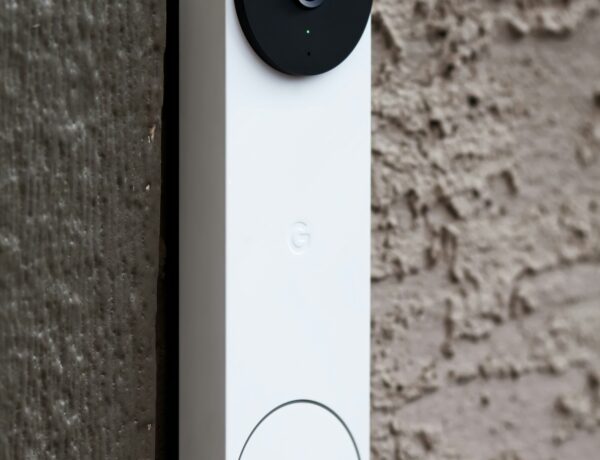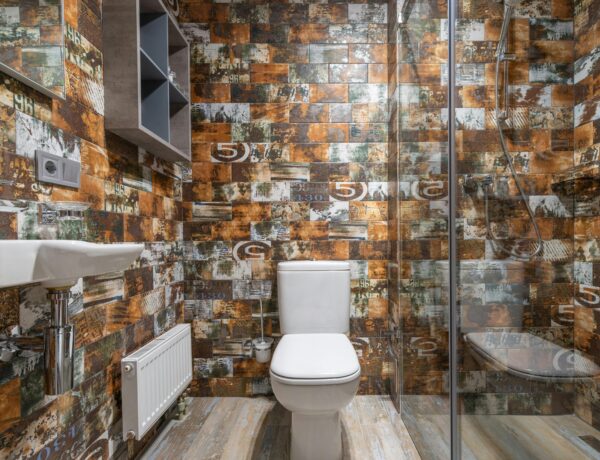Introduction
Air filters are essential to any home’s heating, ventilation, and air conditioning (HVAC) system. They are responsible for cleaning the air that is circulated throughout your home and can greatly improve the air quality in your living space. Choosing the right air filter for your home is an important task that can greatly improve the air quality in your living space. Understanding the different types of filters and their MERV ratings can help you make an informed decision.
Understanding the Different Types of Air Filters
You must need some basics about the various types of filters that are offered before selecting the best one for your house. Fiberglass, pleated, electrostatic, and high-efficiency particulate air (HEPA) filters are just a few of the several types of air filters.
Fiberglass Filters
Fiberglass filters are the most basic type of air filter and are commonly used in HVAC systems. They are made from a single layer of spun fiberglass and are relatively inexpensive. They are not very effective at removing small particles from the air and need to be replaced frequently.
Pleated Filters
Pleated filters are made from polyester or cotton and are more effective than fiberglass filters. They have a larger surface area, which allows them to capture more particles from the air. Pleated filters are available in different MERV ratings, which indicate how effective they are at removing particles from the air.
Electrostatic Filters
Electrostatic filters are similar to pleated filters but have an additional layer of electrostatically charged material that attracts particles from the air. They are highly effective at removing particles from the air and are available in different MERV ratings.
HEPA Filters
HEPA filters are the most effective type of air filter and are capable of capturing particles as small as 0.3 microns. They are commonly used in hospitals and laboratories and are highly effective at removing allergens and other pollutants from the air. They are more expensive than other types of filters and may not be necessary for all homes.
The Importance of Choosing the Right MERV Rating
The MERV rating scale goes from 1 to 20, and higher MERV ratings relate to more effective filters. Choosing the appropriate MERV grade is crucial for the following reasons:
Indoor air quality
Air we breathe in our house can be up to 5 times more polluted than the outdoor air. Air filters help to trap airborne particles and prevent them from circulating in the air we breathe. Choosing the right MERV rating for your air filter can greatly improve indoor air quality.
Efficiency
Choosing the right MERV rating can greatly affect the efficiency of your HVAC system. A higher MERV rating means that the filter can trap smaller particles, but it can also restrict airflow, which can put more strain on your system. It’s important to choose a filter with a MERV rating that is compatible with your HVAC system.
Cost
Higher MERV-rated filters are generally more expensive than lower MERV-rated filters. While it may be tempting to go for the highest-rated filter, it’s important to consider the cost-benefit ratio. A MERV 13 filter may trap more particles than a MERV 8 filter.
Maintenance
Different MERV ratings require different maintenance schedules. Higher MERV-rated filters need to be replaced more frequently than lower-rated filters. It’s important to consider your maintenance schedule and choose a MERV rating filter appropriate for your lifestyle.
Conclusion
Choosing the right MERV rating for your air filter is an important decision that can significantly impact the quality of the air you breathe. By working with a reputable air filter supplier like, Simply Filters you can access a range of high-quality MERV-rated filters, including MERV 8 and MERV 13 HVAC filters. When selecting a filter, consider choosing the right size filter option such as 10X14X1 air filter, 12.13X19.5X1 air filter, or other that suits your needs.
Read more home improvement articles at ClichéMag.com
Images provided by Flickr, Unsplash, Pexels, Pixabay & Creative Commons





